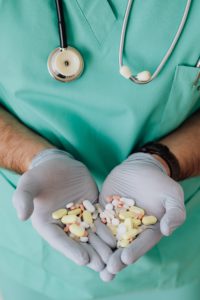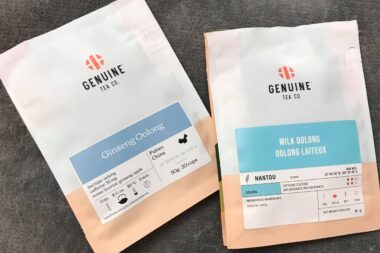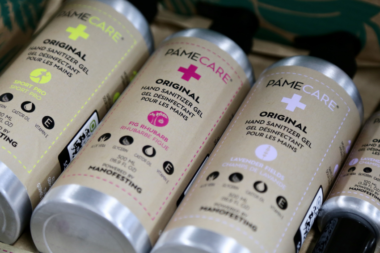 Antibiotic Resistance or Anti-microbial Resistance (AMR) is the acquired ability of bacteria to resist the actions of the medications, specifically antibiotics, that have been used for the treatment of infections for a long time. Although the resistance occurs naturally as the micro-organism evolves but it has accelerated lately due to the abuse of antibiotics. The bacteria encounter the medicines much more than necessary, giving it an edge in adapting and resisting the drug. The threat of prowling infectious bacteria and irremediable infections is now rising to dangerously high levels in all parts of the world. The Food and Drug Administration has declared it as a common public health problem. It has now become difficult, sometimes impossible, to treat certain infections. Its consequences may be faced by people of any age group, but people with weak immunity or chronic illnesses are the major prospects.
Antibiotic Resistance or Anti-microbial Resistance (AMR) is the acquired ability of bacteria to resist the actions of the medications, specifically antibiotics, that have been used for the treatment of infections for a long time. Although the resistance occurs naturally as the micro-organism evolves but it has accelerated lately due to the abuse of antibiotics. The bacteria encounter the medicines much more than necessary, giving it an edge in adapting and resisting the drug. The threat of prowling infectious bacteria and irremediable infections is now rising to dangerously high levels in all parts of the world. The Food and Drug Administration has declared it as a common public health problem. It has now become difficult, sometimes impossible, to treat certain infections. Its consequences may be faced by people of any age group, but people with weak immunity or chronic illnesses are the major prospects.
A Brief History
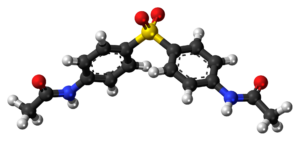 The era of antibiotics began in 1928 with the discovery of the first antibiotic Penicillin, by Sir Alexander Fleming. He accidentally discovered the fungal properties that were responsible for wiping out a bacterial colony. He studied the fungus further and eventually succeeded at finding Penicillin as the substance having the anti-bacterial effects.
The era of antibiotics began in 1928 with the discovery of the first antibiotic Penicillin, by Sir Alexander Fleming. He accidentally discovered the fungal properties that were responsible for wiping out a bacterial colony. He studied the fungus further and eventually succeeded at finding Penicillin as the substance having the anti-bacterial effects.
Since then they have been studied, modified, and improved to treat infections effectively. Among the first prescriptions are the antibiotics used to treat wounds and infections of soldier of World War II. They showed promising results. However, resistance to these early antibiotics also emerged soon. In response to Penicillin resistance, beta-lactam antibiotics were developed.
Causes
Overuse of Antibiotics
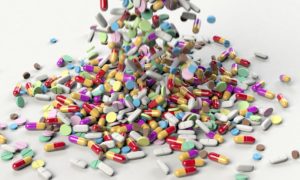 Interestingly, the abuse of antibiotics had already been predicted by the discoverer, Sir Alexander Fleming. Although microbes have a natural tendency to evolve and become resistant to the drugs, albeit rather slowly. However, the overuse of these drugs has shown a rapid increase in resistance, a decade’s deeds happening almost within a year.
Interestingly, the abuse of antibiotics had already been predicted by the discoverer, Sir Alexander Fleming. Although microbes have a natural tendency to evolve and become resistant to the drugs, albeit rather slowly. However, the overuse of these drugs has shown a rapid increase in resistance, a decade’s deeds happening almost within a year.
Overuse refers to the prescription of the drugs that are sometimes unnecessary. Studies have shown a direct impact of antibiotic consumption and production of resistant bacterial strains. The ease of obtaining antibiotics from every pharmacy, sometimes without prescription, has added a lot to its overuse.
Prescription mishandles
 The course of antibiotics is usually prescribed with the power, frequency, and duration, to completely destroy the pathogen. Sometimes, one or the other aspect of the prescription is wrongly handled. If any of these aspects prove to be insufficient for wiping out the pathogen completely, the untreated pathogens are then likely to develop resistance to it. The importance of a necessary and efficient antibiotic course is crucial in preventing the development of resistant strains.
The course of antibiotics is usually prescribed with the power, frequency, and duration, to completely destroy the pathogen. Sometimes, one or the other aspect of the prescription is wrongly handled. If any of these aspects prove to be insufficient for wiping out the pathogen completely, the untreated pathogens are then likely to develop resistance to it. The importance of a necessary and efficient antibiotic course is crucial in preventing the development of resistant strains.
Patient mishandles
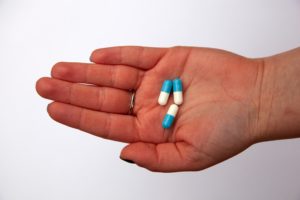 The mishandling if drugs by the patients is quite tangible. Unawareness of a drug’s use and misuse is prevalent around the globe. Often the drug courses are left incomplete or are completed with missed dosages that lead to the drug-resistance as the untreated pathogens develop resistance to the prescribed drug. A lot of programs are initiated to familiarise the consumers regarding the correct usage of antibiotics.
The mishandling if drugs by the patients is quite tangible. Unawareness of a drug’s use and misuse is prevalent around the globe. Often the drug courses are left incomplete or are completed with missed dosages that lead to the drug-resistance as the untreated pathogens develop resistance to the prescribed drug. A lot of programs are initiated to familiarise the consumers regarding the correct usage of antibiotics.
Extensive use in food industry
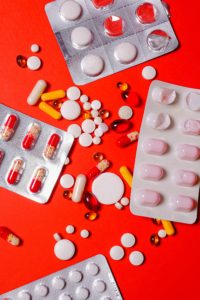 Food industry utilises antimicrobials in livestock feed to promote health of the animals and prevent infections, which results in larger yields from the livestock. Unfortunately, the use of drugs in animal feed has increased a lot in recent years. The animals that consume high amounts of antibiotics, when eaten by humans, prompt the transfer of resistant strains of bacteria.
Food industry utilises antimicrobials in livestock feed to promote health of the animals and prevent infections, which results in larger yields from the livestock. Unfortunately, the use of drugs in animal feed has increased a lot in recent years. The animals that consume high amounts of antibiotics, when eaten by humans, prompt the transfer of resistant strains of bacteria.
Some pesticides also include antimicrobials to protect the crops against bacteria, viruses, and other pathogens. The dilemma of usage in pesticides is that the resistant strains of pathogens reach the consumers by ingestion of crops as well as through air, water, and soil. The microbes develop resistance even to these pesticides, which again look up to more powerful antimicrobial pesticides leading to further contamination of the surroundings.
Prevention
Active roles are being played by concerned departments to impede the antimicrobial resistance. Policies and programs are being made to spread the awareness and limit the abuse of antibiotics as far as achievable.
Antibiotic stewardship programmes have been established, that educate and help the prescribers in prescribing the medicines without their unnecessary use. These programmes also monitor the usage of antibiotics in agriculture. They also aim to educate the common people by guiding them on proper execution of antibiotic courses.
Antibiotic Awareness week
Every year in the mid-November, Antibiotic Awareness week is commemorated. The aim of observing this week is to escalate the global awareness, and inform the people about the seriousness of the issue. The week helps realise people of how swiftly the threat growing and how important it has become to call people for action immediately.
Involvement of World Organisations
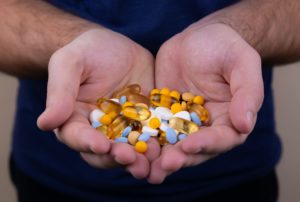 The World Health Organisation (WHO), Food and Agriculture Organisation (FAO), Food and Drug Administration (FDA), World Organisation for Animal Health (OIE), and the Centers for Disease Control and Prevention (CDC) are all partaking in spreading the message, researching and finding out the solutions.
The World Health Organisation (WHO), Food and Agriculture Organisation (FAO), Food and Drug Administration (FDA), World Organisation for Animal Health (OIE), and the Centers for Disease Control and Prevention (CDC) are all partaking in spreading the message, researching and finding out the solutions.
Humans have been long-standing victims of microbes. With the advent of antibiotics came the challenge of combatting the resistant microbe strains. Though the challenge is as primeval as the antibiotics themselves, the need to confront the challenge has never been so profound. This global threat, if not tackled properly, might get us back to the pre-antibiotic era when even minor infections were deadly, and surgeries were difficult to perform for the fear of lethal infections. A comprehensive global strategy and regulations are a necessity to prevent the unfavourable outcomes of the situation.

